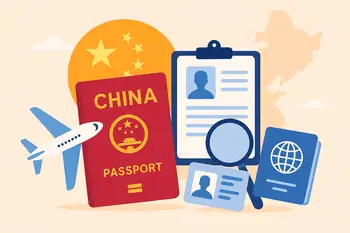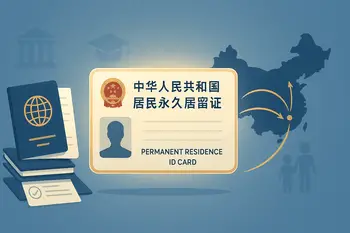
Living and working in China as an expat is an exciting opportunity, but it also comes with unique financial challenges, particularly when it comes to taxes.
One of the most significant concerns is double taxation—paying taxes on the same income in both China and your home country.
This guide will help you understand double taxation and provide actionable strategies to avoid it.
What is Double Taxation?
Double taxation occurs when two countries tax the same income.
For example, China taxes worldwide income for its residents, and your home country may also tax your global income.
This overlap can lead to a higher tax burden if not managed properly.
Key Strategies to Avoid Double Taxation
1. Double Taxation Agreements (DTAs)
China has signed DTAs with over 100 countries, including the U.S., U.K., Canada, and Australia.
These agreements outline which country has the right to tax specific types of income, such as employment income, dividends, or royalties.
- Research Your Country’s DTA with China: Visit China’s State Tax Administration or your home country’s tax authority website to review the DTA provisions.
- Claim Tax Credits: For example, U.S. citizens can claim a Foreign Tax Credit under the U.S.-China DTA. Learn more on the IRS website.
2. Foreign Earned Income Exclusion (FEIE)
U.S. citizens can exclude up to $112,000 (2023 limit) of foreign earned income from U.S. taxes.
- Qualify via the Bona Fide Residence Test: Be a resident of China for an uninterrupted period that includes a full tax year.
- Qualify via the Physical Presence Test: Spend at least 330 full days in China during a 12-month period.
- Learn More: Visit the IRS FEIE page.
3. Foreign Housing Exclusion or Deduction
U.S. expats can also exclude or deduct housing expenses, such as rent and utilities.
- Exclusion for Employees: If you are employed, you can exclude housing costs.
- Deduction for Self-Employed Individuals: Self-employed expats can deduct these expenses.
- Limits: Check the IRS guidelines for location-specific limits.
4. Understand Tax Residency in China
China considers you a tax resident if you stay for 183 days or more in a calendar year.
- Tax Residents: Taxed on worldwide income.
- Non-Tax Residents: Taxed only on China-sourced income.
- Learn More: Visit the China Tax Guide for Expats.
5. Utilize Domestic Tax Relief Laws
Many countries offer foreign tax credits or deductions to reduce double taxation.
- Foreign Tax Credits: Claim credits for taxes paid in China.
- Deductions: Some countries allow deductions for foreign taxes.
6. Consult a Tax Professional
International tax laws are complex. A tax professional can help you:
- Interpret DTAs and determine your tax residency.
- Identify all available tax credits and deductions.
- Ensure compliance with filing requirements in both China and your home country.
7. Use Tax Software and Tools
Consider using tax software like TurboTax or H&R Block for expats to simplify the filing process.
Filing Deadlines and Penalties
- China: Tax returns are typically due by March 31 of the following year.
- U.S.: The deadline is April 15, but expats get an automatic two-month extension until June 15.
- Penalties: Late filing or payment can result in fines and interest.
Additional Resources
- China’s State Tax Administration
- IRS International Taxpayers Page
- U.K. HMRC Double Taxation Relief
- Australian Taxation Office – Foreign Income
Conclusion
Avoiding double taxation is essential for expats living in China.
By leveraging DTAs, the FEIE, and other tax relief provisions, you can minimize your tax burden.
Consulting a tax professional and staying informed about filing deadlines will ensure compliance and financial peace of mind.


